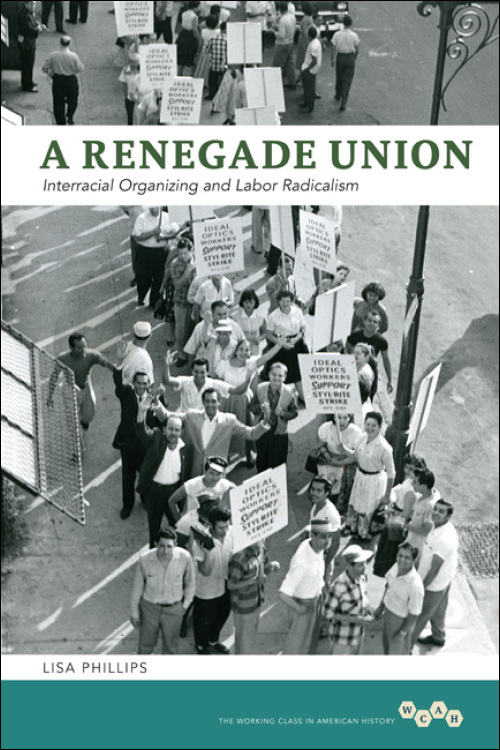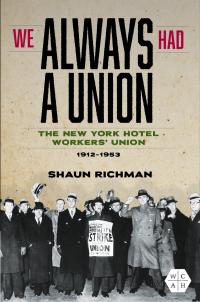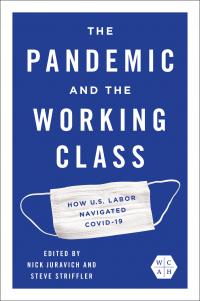
A Renegade Union
About the Book
Dedicated to organizing workers from diverse racial, ethnic, and religious backgrounds, many of whom were considered "unorganizable" by other unions, the progressive New York City–based labor union District 65 counted among its 30,000 members retail clerks, office workers, warehouse workers, and wholesale workers. In this book, Lisa Phillips presents a distinctive study of District 65 and its efforts to secure economic equality for minority workers in sales and processing jobs in small, low-end shops and warehouses throughout the city. Phillips shows how organizers fought tirelessly to achieve better hours and higher wages for "unskilled," unrepresented workers and to destigmatize the kind of work they performed.Closely examining the strategies employed by District 65 from the 1930s through the early Cold War years, Phillips assesses the impact of the McCarthy era on the union's quest for economic equality across divisions of race, ethnicity, and skill. Though their stories have been overshadowed by those of auto, steel, and electrical workers who forced American manufacturing giants to unionize, the District 65 workers believed their union provided them with an opportunity to re-value their work, the result of an economy inclining toward fewer manufacturing jobs and more low-wage service and processing jobs.
Phillips recounts how District 65 first broke with the CIO over the latter's hostility to left-oriented politics and organizing agendas, then rejoined to facilitate alliances with the NAACP. In telling the story of District 65 and detailing community organizing efforts during the first part of the Cold War and under the AFL-CIO umbrella, A Renegade Union continues to revise the history of the left-led unions of the Congress of Industrial Organizations.
About the Author
Lisa Phillips is an assistant professor of history at Indiana State University.Reviews
"Lisa Phillips has written a first-rate account exploring the history of District 65 (originally Wholesale and Dry Good Workers, or WDGW). From the union's early days during the Depression in the 1930s, District 65 sought to navigate the complexities of American politics and provide a voice for low wage workers. Activists and students of labor history and politics should definitely read this book!"--American Historical Review"An interesting case study of Local 65 in New York from the Depression years through the 1960s. This 'renegade union' attempted to organize and improve the lives of low-wage workers (often African American and Jewish men and women). The book is meticulously researched, offers a unique case study, and is very well worth a close reading."--The Historian
"A Renegade Union presents a much needed perspective on an array of topics that have received scant attention by scholars. With great flair and insightful details Philips places the history of District 65 and several other radical unions at the center of this analysis of the Civil Right Movement. . . . lucidly written and path-breaking. . . . Phillips makes a valuable contribution to the growing literature on labor organizing, civil rights campaigns, and community activism."--The Journal of African American History
"The book is meticulously researched, offers a unique case study, and is very well worth a close reading."--The Historian
"Phillips has presented a crucial study on how left-wing unionism not only survived the Cold War but also rebuilt momentum during the 1960s and 1970s to maintain their relevance in an increasingly hostile economic environment."--The Journal of American History
Blurbs
"A Renegade Union deepens our understanding of how left-led unions in the mid-twentieth century distinguished themselves from other unions, and helps us see the possibilities for social movement unionism. Lisa Phillips's well-told story of District 65 will be welcomed by labor historians, civil rights scholars, labor activists, and interested general readers."--Rosemary Feurer, author of Radical Unionism in the Midwest, 1900–1950








